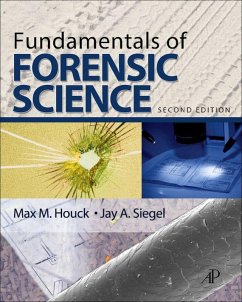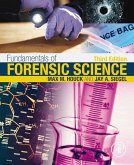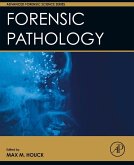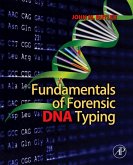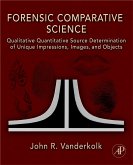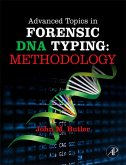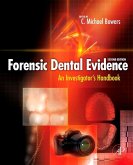Fundamentals of Forensic Science, Second Edition, provides an introduction to the basic principles of forensic science. The book begins at a crime scene and ends in the courtroom.
The book is divided into six parts. Part 1 provides an overview of criminal justice and forensic science, covering the basics of crime scene investigation and the nature of evidence. Part 2 discusses analytical tools, including microscopy, Raman spectroscopy, mass spectrometry, atomic spectroscopy, and separation methods. Parts 3 to 5 discuss the various types of forensic evidence collected, categorized by the types of science employed in their analysis: physical science, chemical science, and biological science. These include pathology; anthropology and odontology; entomology; serology and bloodstain pattern analysis; DNA analysis; forensic hair examinations; forensic toxicology; fiber and paint analysis; friction ridge examination; and firearms and tool marks. Part 6 discusses the legal aspects of forensic science.
The book is written for students with a background in basic science, and it is can be used in a one-semester or two-semester format.
The book is divided into six parts. Part 1 provides an overview of criminal justice and forensic science, covering the basics of crime scene investigation and the nature of evidence. Part 2 discusses analytical tools, including microscopy, Raman spectroscopy, mass spectrometry, atomic spectroscopy, and separation methods. Parts 3 to 5 discuss the various types of forensic evidence collected, categorized by the types of science employed in their analysis: physical science, chemical science, and biological science. These include pathology; anthropology and odontology; entomology; serology and bloodstain pattern analysis; DNA analysis; forensic hair examinations; forensic toxicology; fiber and paint analysis; friction ridge examination; and firearms and tool marks. Part 6 discusses the legal aspects of forensic science.
The book is written for students with a background in basic science, and it is can be used in a one-semester or two-semester format.
- Vivid, full-color illustrations that diagram key concepts and depict evidence encountered in the field
- Straightforward unit organization that includes key terms, numerous feature boxes emphasizing Internet resources, historical events in forensic science, practical issues in laboratory analysis, and topics for further reading
- Effective pedagogy, including end-of-chapter questions, paired with a clear writing style makes this an invaluable resource for professors and students of forensic science
Dieser Download kann aus rechtlichen Gründen nur mit Rechnungsadresse in A, B, BG, CY, CZ, D, DK, EW, E, FIN, F, GR, HR, H, IRL, I, LT, L, LR, M, NL, PL, P, R, S, SLO, SK ausgeliefert werden.

